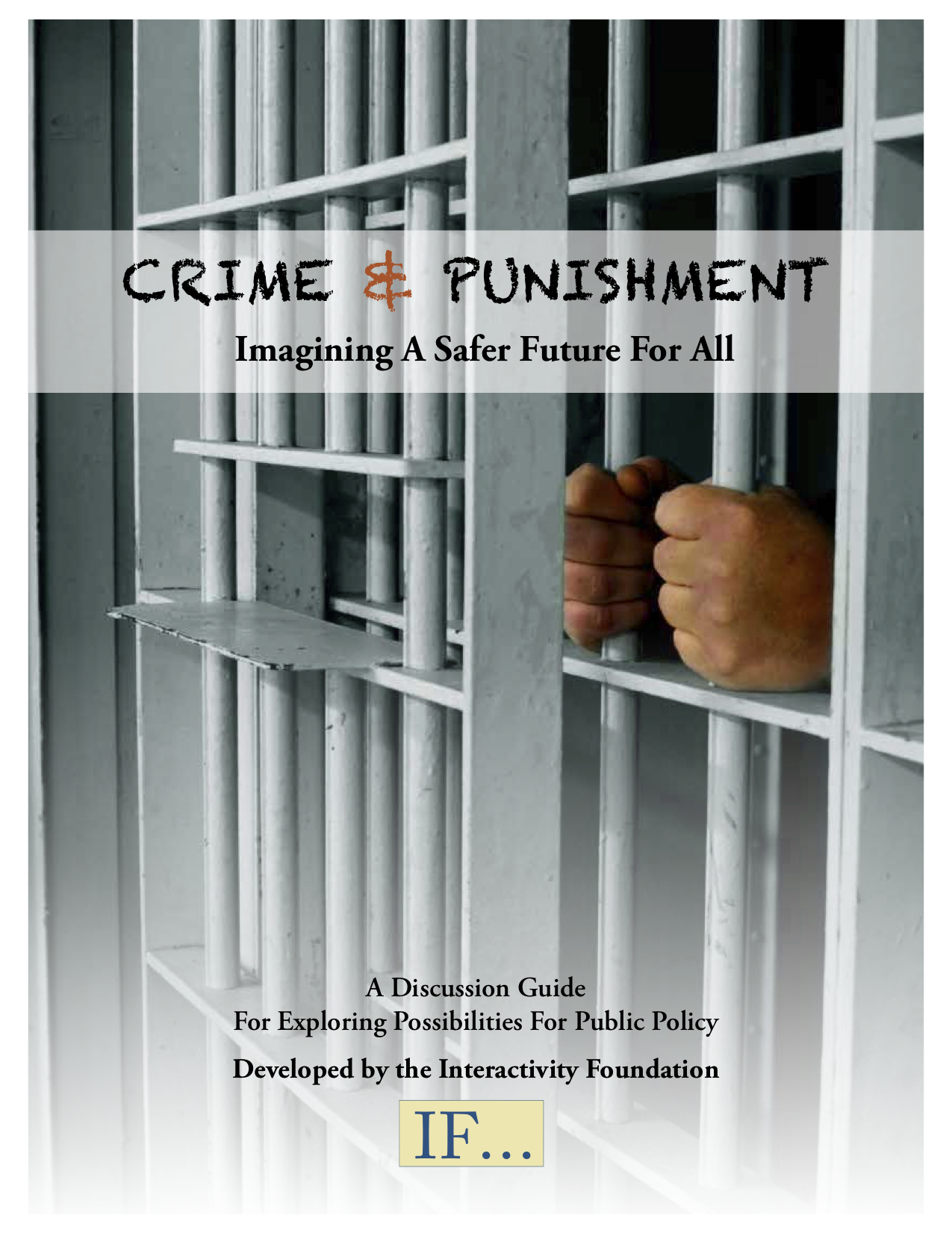 Everyday Democracy released this activity to show how participants’ may have different experiences based on their skin color. The goal is to prompt thinking about the different experiences because of skin color and provide an opportunity for dialogue. Part One is a true/false skin color survey and Part Two is a dialogue prompt about privilege.
Everyday Democracy released this activity to show how participants’ may have different experiences based on their skin color. The goal is to prompt thinking about the different experiences because of skin color and provide an opportunity for dialogue. Part One is a true/false skin color survey and Part Two is a dialogue prompt about privilege.
From the intro…
This activity is meant to help us go deeper in our discussion about race. It may make some people uncomfortable and some may think this is contrived. Remember, one of the goals is to put the issues some people in our community are thinking about on the table. After the activity, we will discuss your reactions, thoughts on the issue, and how it impacts our community.
More about Everyday Democracy 
Everyday Democracy (formerly called the Study Circles Resource Center) is a project of The Paul J. Aicher Foundation, a private operating foundation dedicated to strengthening deliberative democracy and improving the quality of public life in the United States. Since our founding in 1989, we’ve worked with hundreds of communities across the United States on issues such as: racial equity, poverty reduction and economic development, education reform, early childhood development and building strong neighborhoods. We work with national, regional and state organizations in order to leverage our resources and to expand the reach and impact of civic engagement processes and tools.
We have learned that some of the key components to ensuring racially-equitable systemic change include building relationships, establishing a diverse coalition, having trained peer facilitators during dialogues, building on assets, and linking actions to individual, community, and policy change. We provide online tools and in-person trainings on organizing, racial equity, facilitation, communications, and action planning. We act as a catalyst and coach for communities, knowing that the people of each community are best suited to carry out and sustain the work that will make a difference.
The communities we serve are the focal point of our work. Our ultimate aim is to help create communities that value everyone’s voice and work for everyone, and to help create a strong national democracy that upholds these principles.
Follow on Twitter @EvDem.
Resource Link: http://everyday-democracy.org/resources/activity-explore-impact-skin-color (Available for download)

 The five policy possibilities are:
The five policy possibilities are: